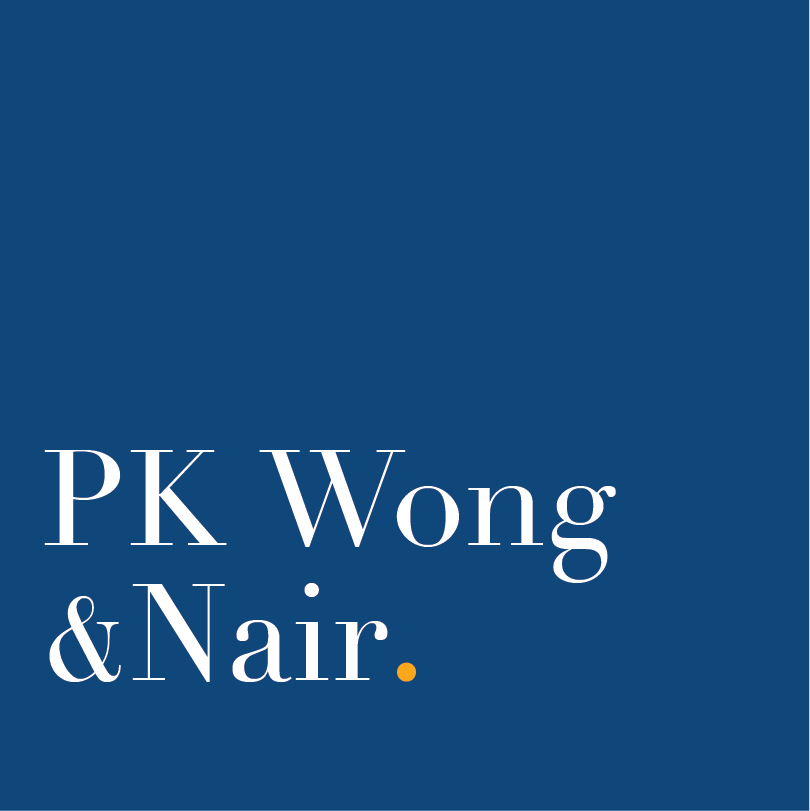PK Wong & Nair acts for the liquidator of CV Shipping, a 50/50 joint venture company between Petrochina International (Singapore) Pte Ltd and PDV Marina SA (“PDVM”). PDVM, a company incorporated in Venezuela is a wholly owned subsidiary of Petroleos de Venezuela (“PDVSA”), which is in turn a Venezuela state-owned entity. The case raised important issues around the effect of US sanctions on the conduct of a Singapore based liquidation of a company that was 50% owned by a sanctioned Venezuelan company. We are very happy that the firm’s involvement in this matter has been recognised (as “PDV Marina wind-up”) at the 2023 Benchmark Litigation Asia-Pacific Awards, where the matter was awarded “Impact Case Winner”.
Our Co-Managing Director, Suresh Nair led the Firm’s team in the matter, together with Noel Chua.
The Benchmark Litigation Asia-Pacific Awards aims to provide law firm and lawyer rankings in the context of the cases in the market and firm developments across the region. Research for the awards is conducted through interviews with litigators, dispute resolution specialists and clients to identify leading litigators and firms.
To find out more about our Restructuring & Insolvency Practice, click here.

